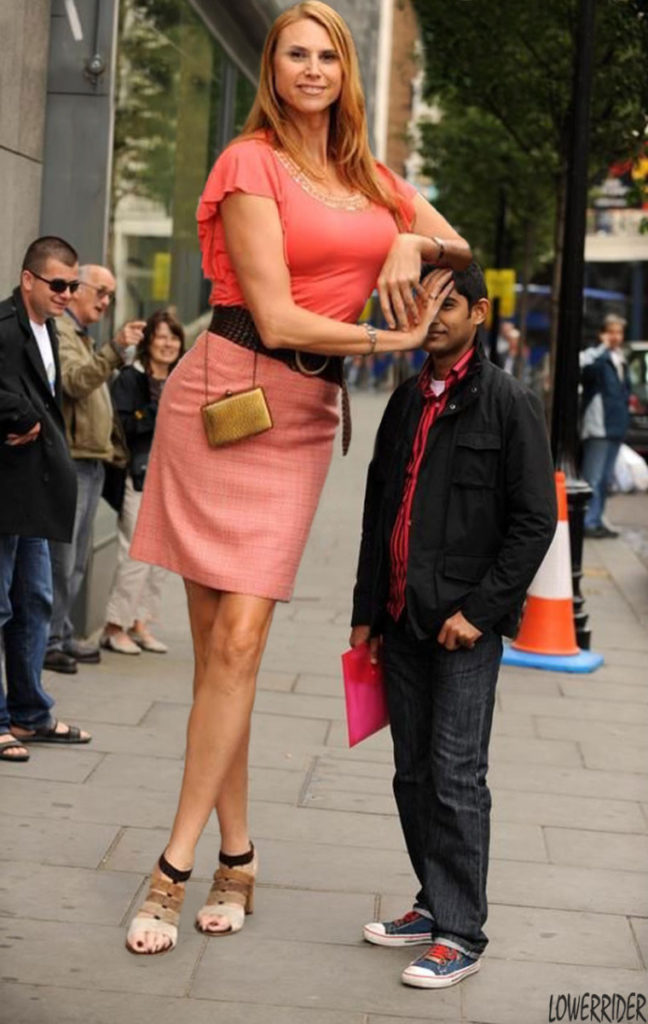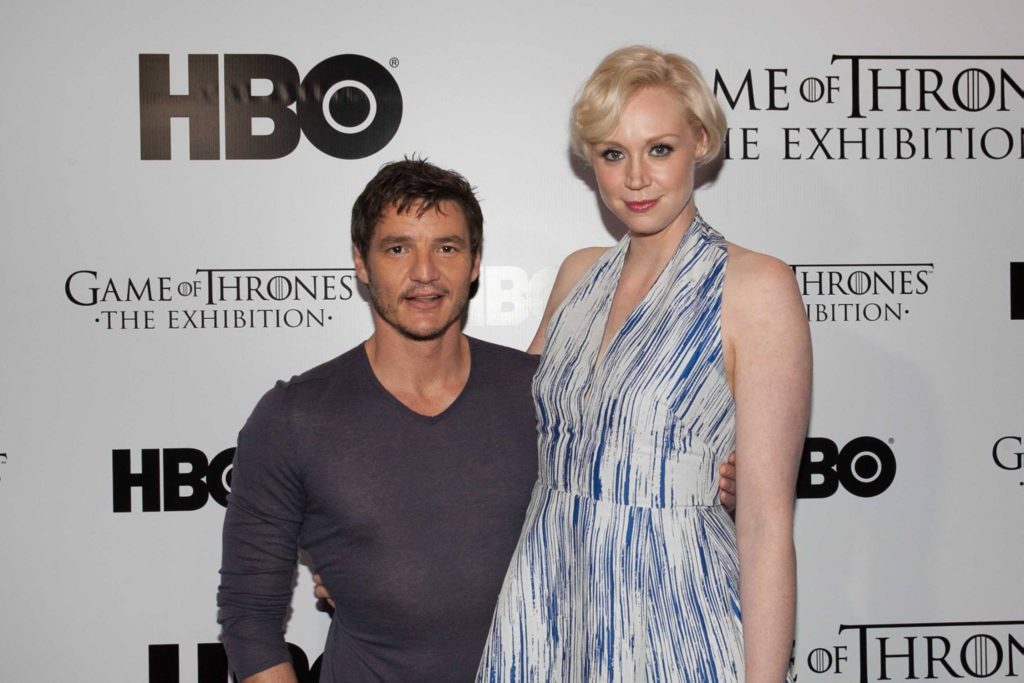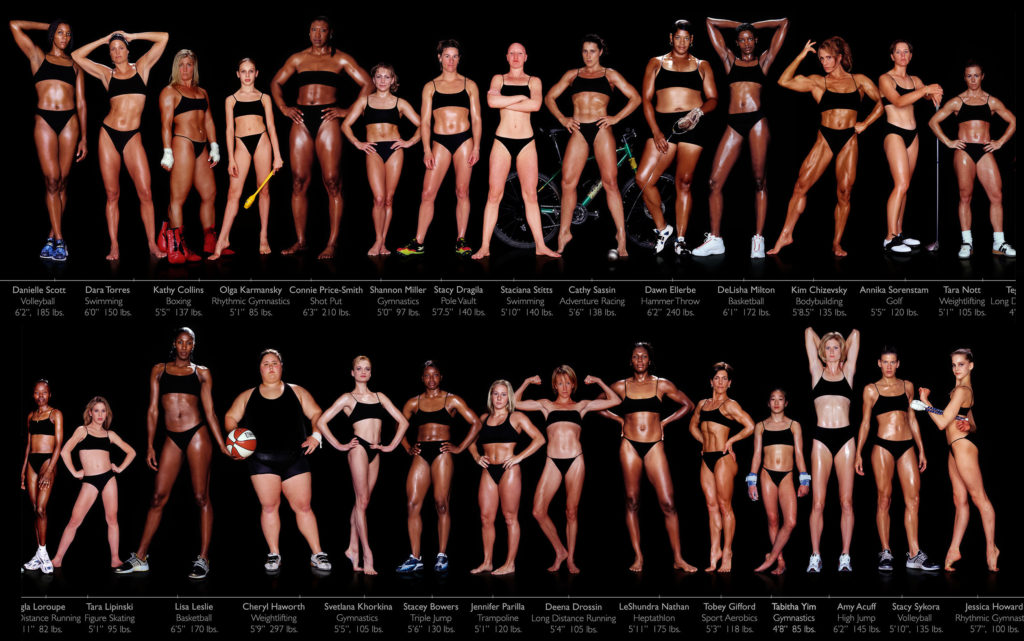How strong women can be
Since childhood, we have been indoctrinated with the “fact” that men are stronger than women. But is this really the case? Let’s find out.
I loved PE in primary school: we were divided into “weight classes” and I excelled in mine, outclassing the boys and feeling like Wonder Woman.
And then we all grew up.
Once on the national team, I suddenly discovered how much bigger and stronger my opponents and teammates could be. And how small and weak I am compared to them.
The healthiest, the most powerful, the fastest (and, I wish, the smartest) come into the sport, but not all of them become champions.
How do these children’s dramas relate to our topic? And so – philistines still evaluate the strength of anyone by comparing them to others. And – which is the silliest thing to get away from – comparing women to men.
A man is for some reason immediately considered strong, e.g. he can move a sofa, but a woman cannot. Things are even worse at the gym: a guy is told straight away that he has to aim for a hundred, and a girl is advised to stop on an empty bar. What’s she need strength for? Let her think about beauty. That’s why the question of women’s strength potential is rarely discussed.
People live with the basic myth of ‘weak field’. Even in ‘jock’ circles, if strength athletes are recognised, they still believe that they are no competition for men. In reality, of course, this is not the case. Strength is not defined by gender.
Size does matter.
Yes, a 60-kg athlete will not physically be able to lift more than a 100-kg athlete, it’s understandable. But here’s what the comparing ‘experts’ forget to mention: A 60-kilogram competitor of the same sex can never beat a more massive one. Of course, we remember the case of David and Goliath, but still, in modern sports and for men weight categories do matter.
Eve Babezill

Take professional fighters, for example. The best of them understand that weight (within the weight class and with equality of other physical qualities) helps to win. Of course, technique and control of emotions, not to mention self-influence, are also important, but sometimes the champion is separated from the defeated by useful weight.
Or Michael Phelps – yes, he is a great swimmer, although many of his advantages (physique, weight and other genetic factors) are inherited. And swimmer Cathy Ledecky, who is 10cm shorter and 20kg lighter (and therefore has less muscle mass), achieved the same time in the 400m.
Katie Ledecky

It certainly doesn’t guarantee her the same titles, but it’s terrific either way. And it’s also impressive to see other athletes (men and women) of smaller sizes come close to their result. People rave only about the absolute champions, not paying attention to relative records and not considering all factors (size, weight, etc). Although every category has its own heroes and heroines who also give their best.
Back to the force.
The average person thinks of Brienne of Tarth as a fantasy character. In our lives, a woman can’t have that kind of power. Oh, please! Although, with her 6’2″ and sturdy build, she probably wouldn’t take everyone on the field in the NFL, but she’d take on most regular men and women. Personally, I wouldn’t hit on Gwendolyn Christie and I wouldn’t advise many men. All in all, in my opinion, it’s quite a realistic character, not a fairy tale troll.
Pedro Pascal (Oberyn Martell) Gwendoline Christie (Brienne Tarth)

So what does the science say?
Before I start analysing the research, I’ll caveat that of course gender affects hormone levels, muscle fibre type ratios (especially upper body), etc. However, these differences are not that critical when comparing participants to participants of similar size.
Let’s start with muscle fibres: yes, the ratio of types differs, but not only between men and women, but also between individuals of the same sex and even within a single body.

Genetic traits, including the smallest ones, largely determine our physique and potential for developing physical qualities. Therefore it does not even make sense to compare oneself with a person of the same sex if the difference in height is twenty centimetres.
If we consider how men’s and women’s bodies respond to strength training we will find many similarities. And again, we note that muscle growth also differs in people of the same sex. Translated into plain language, it’s not “men gain muscle easily and women don’t”, but “some men and some women gain muscle mass easily and some don’t”.
When researchers recruited participants and participants of the same height, weight, muscle fibre ratio, then… oh wait, the researchers didn’t bother with that. Most strength and hypertrophy experiments only involve men. And it should be scientifically noted that even there, they rarely match up on similar dimensions.
Women can be stronger, bigger, faster and more resilient
In case you haven’t taken my hint yet, I’ll put it bluntly: the more muscle mass you gain, the stronger you’ll be. Size matters more than gender. Men are usually stronger simply because they have more overall mass, and not at the expense of fat, but muscle. But as I said at the beginning, don’t compare yourself to them.
If you train with iron, you are already stronger than most people (of your own sex). Just keep exercising with the following in mind:
People differ genetically (weight, height, muscle fibre type ratio).
Comparing yourself to someone else is, in my opinion, stupid. But if you can’t do it without it, at least choose a competitor/competitor in your weight class, with the same muscle mass.
Studies show that even self-hypnosis (with placebos instead of steroids) helps to develop strength. In short, if you yourself believe you can get stronger, you can.

